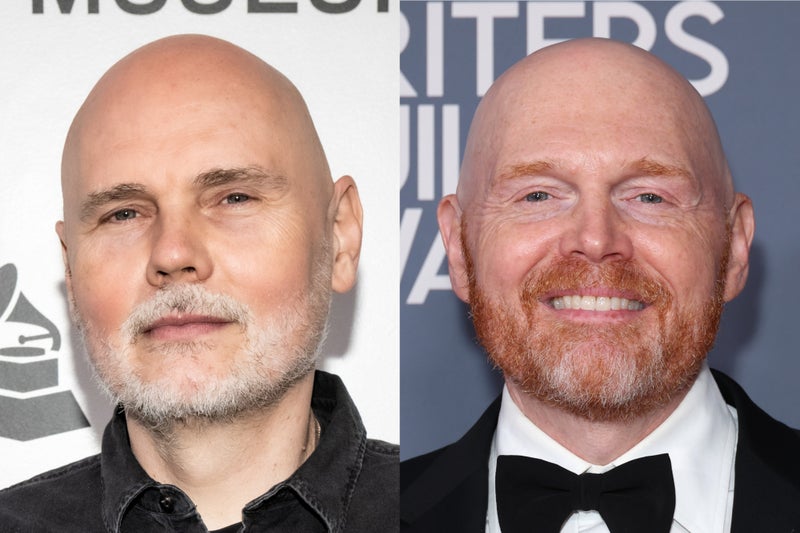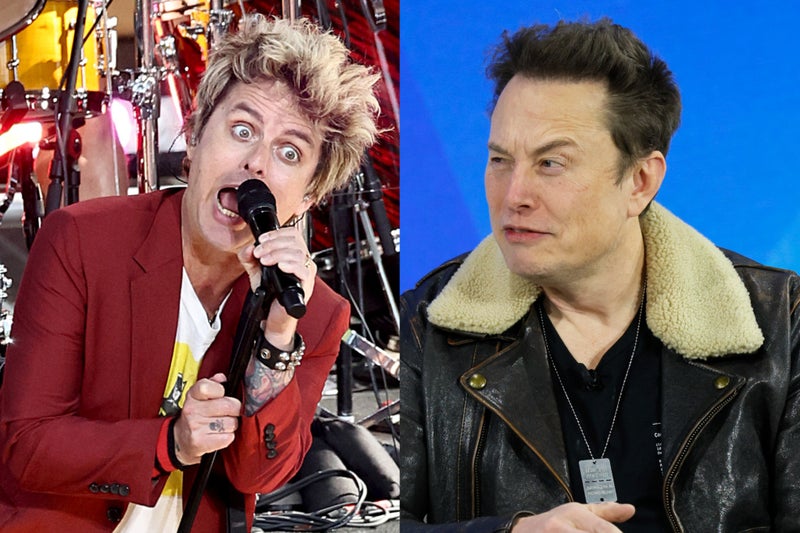‘I do the best I can’: Robert Zemeckis breaks down criticism of new AI-heavy Tom Hanks film
Share:
The Hollywood director behind ‘Back to the Future’ and ‘Forrest Gump’ talks to James Mottram about dealing with bad reviews, accusations that his films are too sentimental, and using AI tech to de-age Tom Hanks in new release ‘Here’. There’s no point beating around the bush. I am talking to the director Robert Zemeckis, who won an Oscar in 1995 for Forrest Gump, about his new film Here, which opened in the US in November to some of the toughest reviews of his career. “It’s a film so soulless I questioned the point of it,” ranted Screen Rant. The New York Observer called it a “meandering bore”, while trade paper Variety homed in on the film’s “disappointingly generic” portrait of its characters. It seems life isn’t always like a box of chocolates, to misquote Gump.
![[Childhood sweethearts: Tom Hanks and Robin Wright in ‘Forrest Gump’]](https://static.independent.co.uk/2024/04/04/13/newFile-1.jpg)
Here’s box office was dented by the reviews in America, scraping around $12m (£9.75m). But is Zemeckis stung by the critics? “Well, sometimes you learn from the criticism and you understand what the criticism is,” he replies with a shrug, “and sometimes the criticism is completely unfounded, and then they’re criticising something that is absolutely perfect but they just don’t like it. So you have to just dismiss that and not even worry about it. I mean, everybody does the best that they can with the tools that they have. And criticism... is its own thing.”.
![[Robert Zemeckis has reunited with ‘Forrest Gump’ stars Tom Hanks and Robin Wright for ‘Here’]](https://static.independent.co.uk/2025/01/09/11/newFile-3.jpg)
Zemeckis has been here before. When he made 2004’s The Polar Express, the story of a young boy’s journey to the North Pole via a magical train, the critics laid into the motion-capture animation (including a computer-generated Tom Hanks as the conductor), practically spawning the phrase “uncanny valley” to express the eerie not-quite-human-enough look of the characters. Yet the festive film still took $318m worldwide, a perfect example of how the public tend not to agree with critics when it comes to an assessment of Zemeckis’ work. His finger has frequently, successfully, measured the populist pulse.
![[Robert Zemeckis used AI de-ageing techniques on Robin Wright and Tom Hanks]](https://static.independent.co.uk/2025/01/09/11/newFile-4.jpg)






















